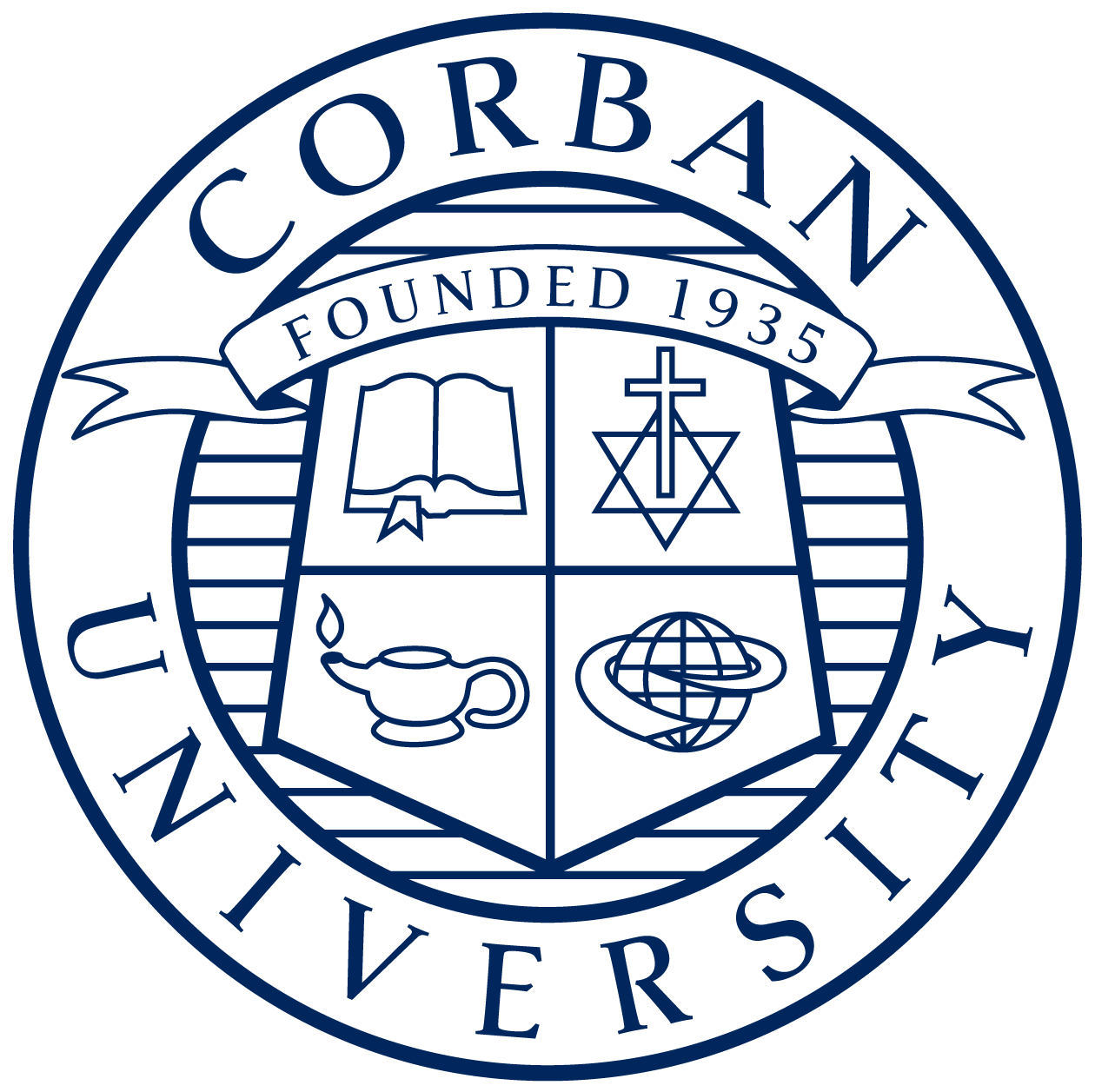Honors Program

The Honors Program at Corban University provides qualified and motivated students with academic enrichment above and beyond the regular undergraduate curriculum.
Honors students benefit from an engaging program of study that includes specially designed courses, sponsored lectures given by distinguished faculty/scholars, as well as stimulating cultural events and activities. Ultimately, the goal is to honor God as we consider the merits of history, philosophy, logic, rhetoric, literature, the sciences, mathematics, music, drama, and art through a Christian lens.
As an honors student, you’ll have the opportunity to dig deep in your faith and enrich your understanding of truth, goodness, and beauty through the integration of the variety of disciplines and liberal arts offered at Corban. In addition to enhancing your personal growth and well-roundedness, your participation in the Honors Program demonstrates commitment, depth, and high achievement sought by employers and valued highly by graduate schools.
Courses
The honors curriculum requires stringent effort and is structured to promote critical thinking within the realm of a Christian worldview. You’ll be challenged to wrestle with provocative themes and ideas in courses such as:
- Christianity and the Arts
- C.S. Lewis
- Philosophy and Batman
- The Sanctifying Myths of J.R.R. Tolkien
- Christian Philosophy of Aesthetics*
- Fantastic Literature and Lore
- Christian Philosophy of Mathematics and Science*
* required for all honors students
Honors Scholarship
Active Honors Program student members receive a $250 scholarship each semester.* This stipend is intended as an allowance to help pay for Honors Program activities. It may be used for admission to events, purchasing books, or tuition.
*May not be combined with an athletic scholarship.
Membership Requirements
To apply for membership in the Honors Program:
- Students who are new to Corban must have at least a 3.7 high school GPA.
- Transfer and returning students who are continuing their education at Corban must have at least a 3.5 college GPA to apply.
To remain active in the Honors Program, each student must:
- Maintain a minimum 3.5 GPA.
- Complete assigned Honors Program readings and reviews each semester.
- Attend and complete Honors Program events/activities during every active semester in the program (at least four semesters). These include music and theatre productions, literature or poetry events, philosophy, history, or theology lectures, and Honors Program group events.
Students who wish to receive a transcript that includes the Honors Program distinguishing statement upon graduation from Corban must also (in addition to the requirements listed above to remain active in the program):
- Commit to a minimum of two years / four semesters in the Honors Program.
- Complete at least three courses from the Honors Program curriculum. (During one semester at Corban, students may choose to complete an optional independent study project as a substitute for one of the regularly scheduled honors program courses.)
- Read and complete reviews for the complete book list in the Honors Program Reading Core.

Meet the Honors Program Director
A Corban alum himself, Professor Evan Hedlund has been teaching mathematics at Corban since 2016. He is passionate about helping students understand their discipline through a biblical lens in order to be better agents of the gospel in the world around us.
Required Reading Core
- Alighieri, Dante; The Divine Comedy
- Athanasius; The Incarnation of the Word
- Anselm of Canterbury; Proslogium and Cur Deus Homo
- Augustine of Hippo; Confessions
- Baxton, Jason M.; The Medieval Mind of C.S. Lewis
- Bonhoeffer, Dietrich; The Cost of Discipleship
- Boethius; On the Consolation of Philosophy
- Bunyan, John; Pilgrim’s Progress
- Chesterton, G.K.; The Everlasting Man, Orthodoxy, Eugenics and Other Evils
- Lewis, C.S.; Out of the Silent Planet, Perelandra, That Hideous Strength, The Abolition of Man, Preface to Paradise Lost, The Discarded Image, Till We Have Faces, Miracles
- Homer; The Odyssey
- Irenaeus; Against Heresies
- Kempis, Thomas; The Imitation of Christ
- Kierkegaard, Soren; Fear and Trembling
- MacDonald, George; Phantastes, The Princess and the Goblin, The Princess and Curdie, Lilith
- Markos, Louis; The Myth Made Fact
- Milton, John; Paradise Lost
- Pascal, Blaise; Pensées
- Plantinga, Jr., Cornelius; Not the Way It’s Supposed to Be: A Breviary of Sin
- Sayers, Dorothy; The Mind of the Maker
- Shakespeare, William; Macbeth, Hamlet, A Midsummer Night’s Dream
- Spenser, Edmund; The Faerie Queene
- Tolkien, J.R.R.; The Silmarillion
- Williams, Charles; Descent into Hell, The Place of the Lion
Supplementary Reading (choose 4)
- Augustine of Hippo; The City of God
- Chesterton, G.K.; Heretics, A Man Called Thursday
- Lewis, C.S.; The Chronicles of Narnia, Mere Christianity, Pilgrim’s Regress
- Kierkegaard, Soren; Either/Or
- Machen, John Gresham; Christianity and Liberalism
- Owen, John; Temptation
- Ovid; Metamorphoses
- Plato; Timaeus, Symposium, The Republic
- Ryle, John Charles; Holiness
- Tolkien, J.R.R.; The Lord of the Rings Trilogy, The Hobbit
- Ward, Michael; Planet Narnia
- Williams, Charles; All Hallow’s Eve, Many Dimensions, The Greater Trumps




